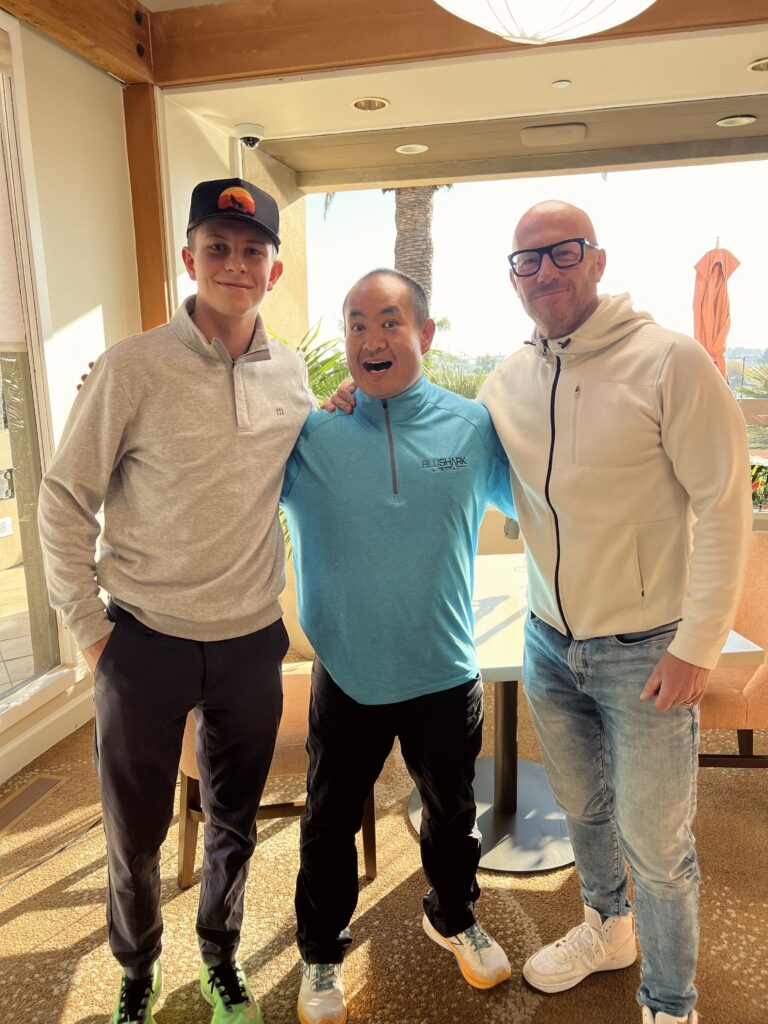
Most people trying to build a personal brand online are told the same thing: post more. Stay visible. Be everywhere. That’s the route I took. I leaned into Instagram and other social platforms, focused on building a large audience, and treated visibility like currency. And for the most part, it worked. I landed brand deals, opened doors in digital marketing, and built recognition in my space.
Then I came across Jack Wendt.
Jack isn’t loud online. He’s not pushing daily content or chasing engagement. But behind the scenes, he’s built one of the most respected reputations I’ve seen, especially in the high-trust world of partnerships, systems, and results-driven execution. He runs High Rise Influence and still puts out content—but that’s not the engine driving his growth. What really moves the needle are the results he delivers, the referrals he earns, and the systems he’s built to support both.
“People assume content equals credibility,” Jack said. “But real authority comes from results, relationships, and the systems you build behind the scenes.”
What stood out wasn’t just that Jack doesn’t rely solely on content—it’s that he intentionally replaces it with trust. His focus is on being useful, not visible. When everyone else is broadcasting, he’s quietly building things that last. He calls it “infrastructure for influence.” Not flashy. Not viral. Just consistent systems and partnerships that compound over time.
It made me reflect on the contrast in our approaches. I grew my brand by being everywhere online. Jack grew his by being indispensable offline. I’ve spent years optimizing for reach. He’s spent years optimizing for reliability.
And the truth is, there’s a point where content can’t do the talking anymore. Results have to speak. Especially in high-level business conversations—on Zoom, in private groups, through referrals—nobody’s checking your last reel before they send a wire transfer.
Dennis Yu talks about this all the time. The real money doesn’t come from socials. It happens on Zoom, email, phone calls, and closed networks. The platforms might be where people find you, but they’re rarely where real business gets done. That’s why Jack’s strategy works. It’s not built on attention—it’s built on being the one people call when they actually need something done.
I’m not ditching content. It still plays a key role in how I operate. But I’m thinking more about what backs it up. Systems, partnerships, proof of work—stuff that doesn’t show up in likes but shows up in revenue and reputation.
When done right, like we teach through the Content Factory process, content isn’t just noise—it works hand in hand with reputation. Production and credibility support each other, both serving the larger mission.
Sometimes the quiet strategy wins.

